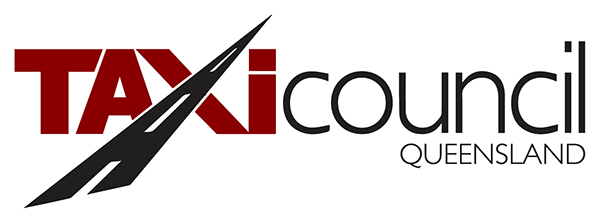Media Release
March 16, 2018
The Taxi Council of Queensland (TCQ) is concerned that while Uber is pricing its services to win over consumers, an analysis of the booked-hire company’s financial position shows it is yet to turn a profit and if it continues to grow its market share, consumers will be the losers in the end.
TCQ CEO, Blair Davies, said Uber leads consumers to believe their low pricing means they are more efficient, however their losses prove that is not the case.
“Uber works extremely hard to downplay its continuous stream of losses, but according to a recent report1 has actually burnt through a staggering USD $10.7 billion in just nine years,” Mr Davies said.
“Uber appears to be trying to price its taxi competitors out of business, eliminating the competition and monopolising their market share. If they get monopoly control, it’ll then become time to pay the piper. We fear consumers face losing out in the end when Uber no longer needs to offer their unsustainably low fares.
“After years in the red, Uber will inevitably want to recoup their mountain of losses by increasing fares, with consumers ending up the ultimate losers in this scenario. Consumers can expect their experiences with surge pricing to move from being an exception to where they become the new norm.”
Mr Davies said even though Uber isn’t playing by the rules, the taxi industry is committed to providing robust competition for consumers to ensure this doesn’t happen.
“Typically if a competitor is providing a cheaper service, it’s because they are a more efficient business,” he said. “In the case of Uber, their financial losses prove this isn’t true, they just have a huge bucket of investor money to subsidise unprofitable pricing.
“We’re surprised that the ACCC seems to be happy to sit back and not take a more active role in this space. It seems that they are relying on Uber’s global competitors, like Didi, Ola and Taxify to bring a competitive balance to the Australian market. However, that just seems naïve when you look under the hood and find the level of cross ownerships and common investors of these companies,” Mr Davies said.
It is commonly reported that Japanese investment fund, SoftBank Group Corp, has sizeable stakes in all of the global ride-sourcing companies and is using that influence to discourage head-to-head competition between Uber and its other companies. Uber’s withdrawal from the China market in return for a stake in Didi is being mooted as a strategy that SoftBank is pushing Uber to repeat in India with Ola and in South East Asia with Grab2.
“The taxi industry just wants the opportunity to compete for customers where everyone plays by the rules. If the ACCC and State Government don’t step up their game to keep the market fair, it’ll be Queensland consumers who inevitably wear the consequences,” concluded Mr Davies.
Reference: 1. Bloomberg Technology – Uber Spent $10.7 Billion in Nine Years. Does It Have Enough to Show for It? Uber is a financial oddity. Can it mutate into a sustainable business? By Ian King and Eric Newcomer March 6, 2018, 9:00 PM GMT+10
Reference: 2. SoftBank’s Got a Ticket to Ride – Uber’s Stranded. This wasn’t going to end well after the key shareholder shuffled market dominance. by Andy Mukherjee 8 March 2018, 4:57 pm AEST
https://www.bloomberg.com/gadfly/articles/2018-03-08/softbank-grabs-a-ticket-to-ride-and-uber-s-stranded
ENDS
